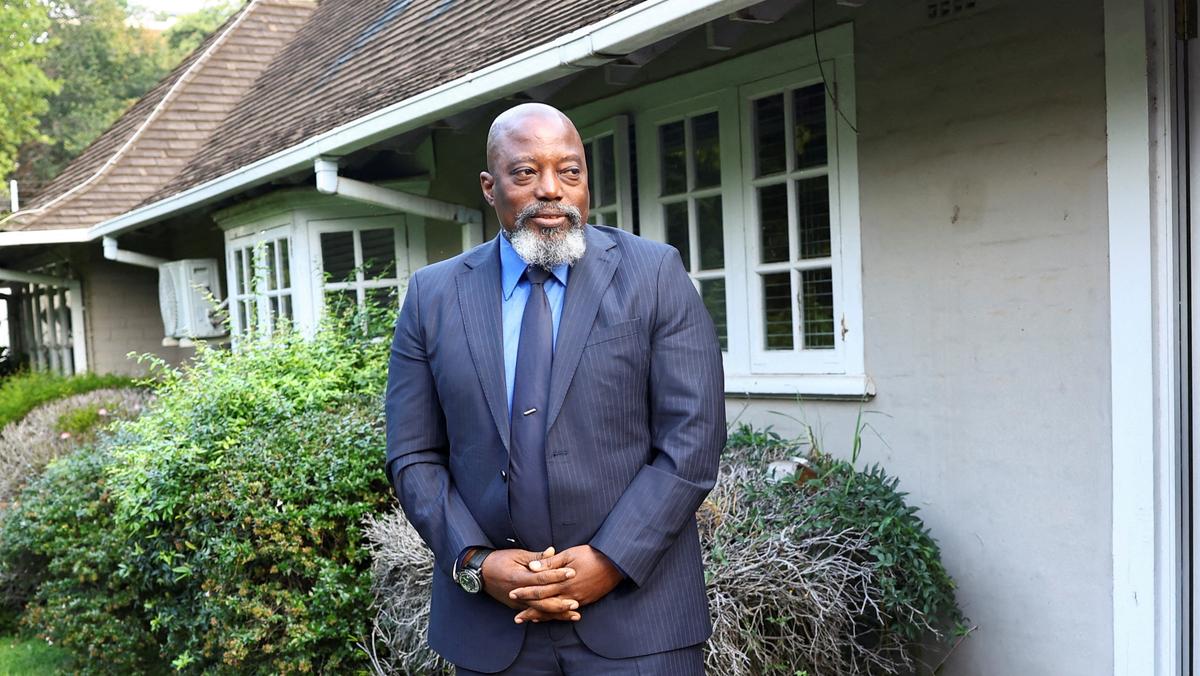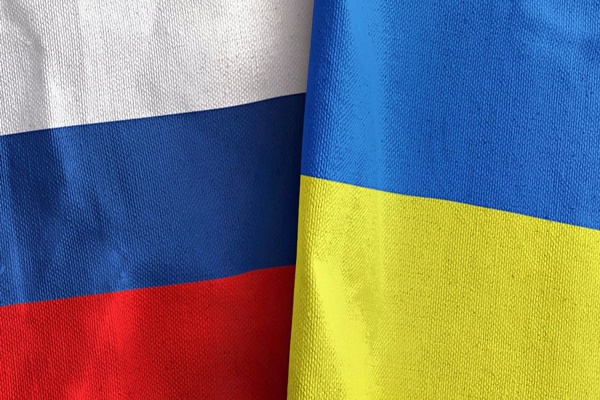267 Chinese apps banned in India in 2020, 36 apps reappear as India-China ties warm up
Tue 11 Feb 2025, 01:58:10
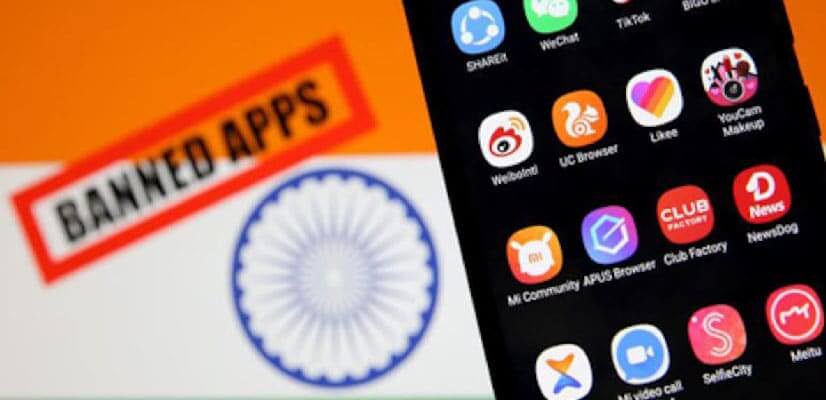
Remember hundreds of Chinese apps were banned in 2020? Many of them are now back on the Indian market - some in their tweaked avatars, others in cloned versions.
In separate orders, the Ministry of Electronics and Information Technology restricted access to as many as 267 apps in 2020 at the height of border tensions with China on grounds of being prejudicial to India's sovereignty and security.
After four years, India Today's Open-Source Intelligence (OSINT) team reviewed more than 200 of the banned mobile applications and found that original or clone versions of at least 36 of them were available either on Google's Play Store or Apple's App Store or on both platforms as of February 10.
Many of the banned apps appear to be the same, while others are copycat versions - often featuring similar names and logo designs but different in key details such as developer information. These apps belong to a range of categories, such as gaming, photo and video editing, entertainment, content creation, file sharing etc.
Almost all of these apps were published after November 2020.
File-sharing app Xender, streaming platforms MangoTV and Youku, shopping app Taobao, and dating service Tantan are the mobile applications that appear to have returned. Barring MangoTV, the remaining of the four apps have made minor changes in their names or ownership structure as listed on the official Android and Apple stores.
MangoTV appeared in the government's ban order announced on November 20, 2020. It was developed by Hunan Happy Sunshine Interactive Entertainment Media Co. Ltd is based in China's Hunan province and was launched for Android devices in February 2018.
Similarly, Xender was banned in June 2020 but is still available for users to download from Apple's App Store in India, though now its official name is "Xender:File Share, Share Music".
It's unclear if Xender was ever taken off the App Store or reinstated later. It is not available on the Indian Play Store. On the US version of the Play Store, the app is officially named "Xender - Share Music Transfer" with the same publisher - Xender (HK) Limited.
Nearly a year after the ban on its "YOUKU" streaming app, Chinese conglomerate Alibaba launched another app named "YOUKU-Drama, Film,
Show, Anime" on the Play Store and the Apple App Store. Both "YOUKU" and "YOUKU-Drama, Film, Show, Anime" are identical in design, service, and ownership.
Show, Anime" on the Play Store and the Apple App Store. Both "YOUKU" and "YOUKU-Drama, Film, Show, Anime" are identical in design, service, and ownership.
The other two apps identified by us, "Mobile Taobao" and "Tantan - Date For Real", seem to have slightly changed their names and remain available on Android and Apple devices. They are now available with the names "Taobao" and "TanTan - Asian Dating App" respectively - offered by the same Chinese companies.
Out of the 36 apps, 13 are developed by Chinese firms, eight by Indians, three by Singapore, two by Vietnam, and one each by companies based in South Korea, Seychelles, Japan, and Bangladesh.
The reappearance of at least some of the apps could be attributed to changes in ownership structures and compliance with relevant Indian laws. For instance, fashion retailer Shein is back in the Indian market after a licencing agreement with Reliance.
In a December 2024 reply tabled in the Lok Sabha, Commerce Minister Piyush Goyal said the new Shein operations will host the user data only in India and that Shein's parent company will have no access to Indian user data and that the products will be indigenous.
Similarly, the popular gaming app PUBG Mobile was rebranded as Battlegrounds Mobile India. PUBG Mobile was banned in 2020 and relaunched in 2021 as 'Battlegrounds Mobile India' by South Korea's Krafton Inc, in which PUBG's original Chinese publisher reportedly has an over 13 per cent stake. But the rebranded version was also banned in 2022, only to be allowed a year later.
At the time, then minister of state for the Ministry of Electronics and Information Technology, Rajeev Chandrasekhar, said the ban on BGMI was lifted for an interim period of 3 months after it "complied with issues of server locations and data security etc". "We will keep a close watch on other issues of User harm, Addiction etc in next 3 months before a final decision is taken," he posted on X on May 19, 2023.
Uprooting copycat apps can be nearly impossible, not so much due to Chinese intransigence, but rather the sheer scale and complexity of an overgrown digital market.
The re-emergence of banned Chinese apps coincides with warming India-China relations after the disengagement of troops along the Line of Actual Control (LAC).
No Comments For This Post, Be first to write a Comment.
Most viewed from National
Most viewed from World
AIMIM News
Latest Urdu News
Most Viewed
May 26, 2020
Do you think Canada-India relations will improve under New PM Mark Carney?
Latest Videos View All
Like Us
Home
About Us
Advertise With Us
All Polls
Epaper Archives
Privacy Policy
Contact Us
Download Etemaad App
© 2025 Etemaad Daily News, All Rights Reserved.

.jpg)


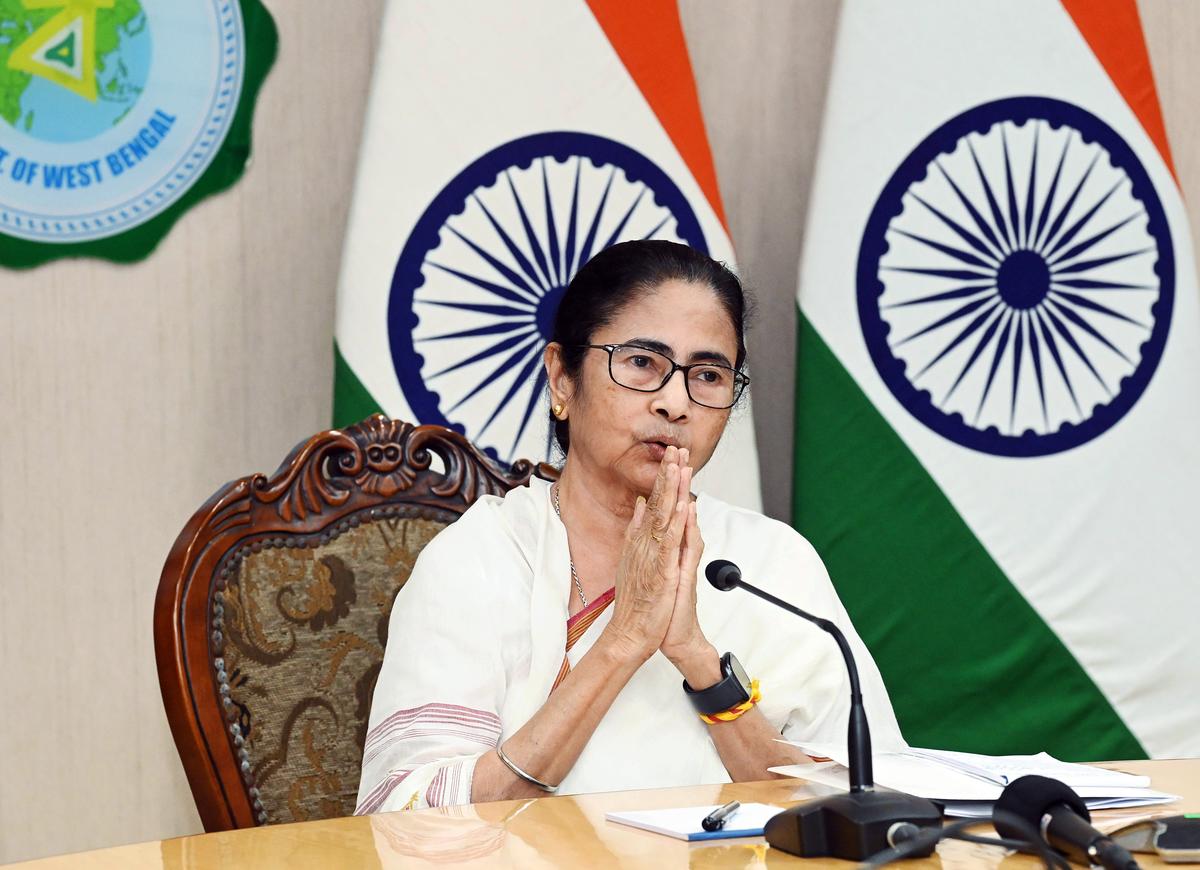

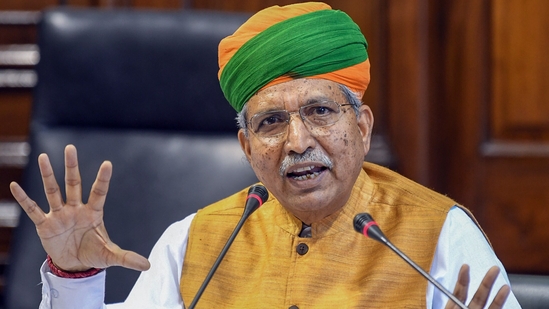
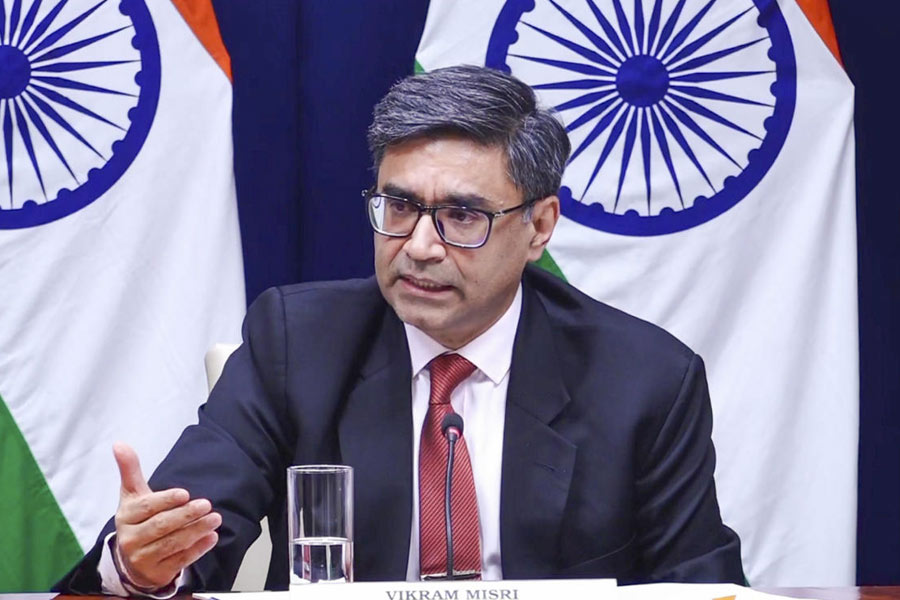

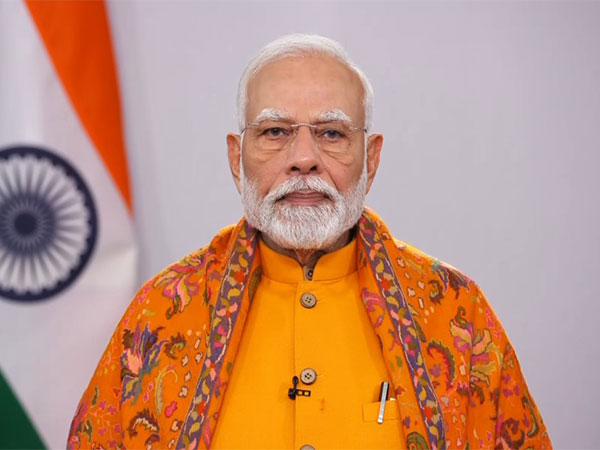
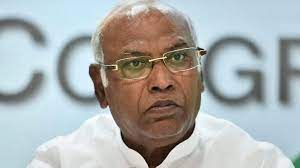


.jpg)
.jpg)
.jpg)





